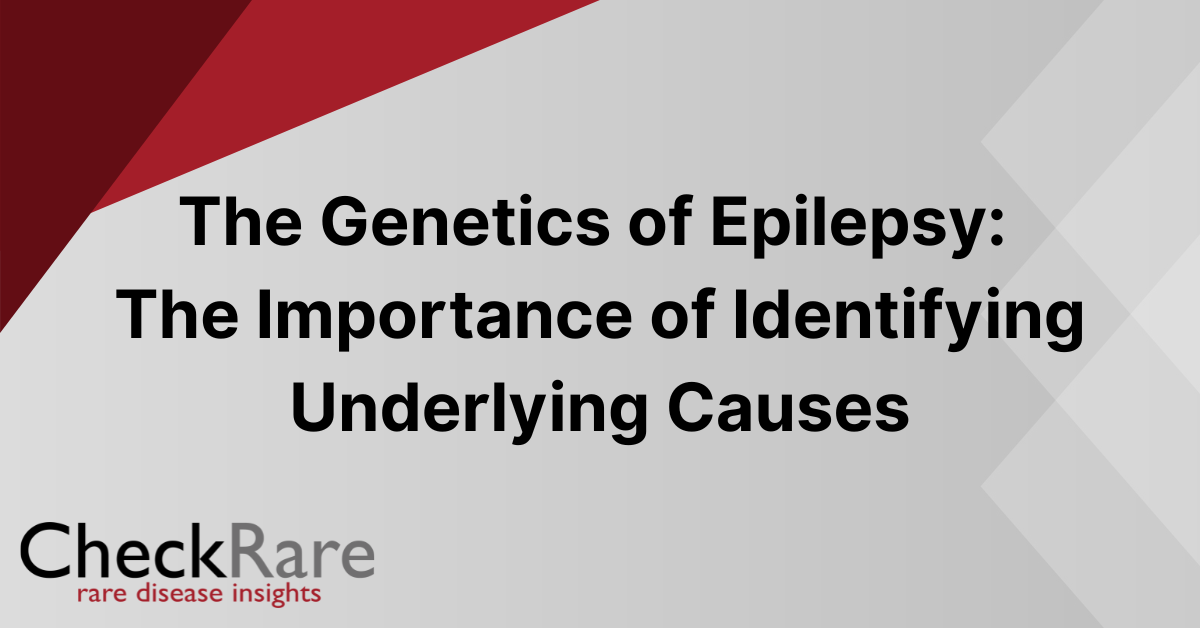Tsewang Tashi, MD, Hematologist at the Huntsman Cancer Institute at the University of Utah, discusses long-term data from the PIONEER clinical trial examining the use of avapritinib in patients with indolent systemic mastocytosis (ISM).
Systemic mastocytosis (SM) is a rare disease usually caused by mutations of the KIT D816V gene. The disorder is characterized by uncontrolled mast cell proliferation and activation across multiple organ systems. ISM accounts for approximately 90% of systemic mastocytosis. Common symptoms may include anaphylaxis, maculopapular rash, pruritis, diarrhea, brain fog, fatigue and bone pain. Most adults present with skin lesions, usually in the form of urticaria pigmentosa.
Avapritinib is an oral, potent, selective KIT D816V inhibitor, and the first and only approved targeted therapy for adult patients with ISM in the USA and the EU. Approval was based on results from the phase 2 PIONEER (NCT03731260) trial, a randomized, double-blind, placebo-controlled study evaluating comparing the safety and efficacy of avapritinib plus best supportive care with placebo plus best supportive care in patients with ISM.
Recently, data from approximately 3.5 years of long-term follow-up was presented at the 2025 American Society of Hematology (ASH) meeting. Overall, 226 patients initiated avapritinib 25mg once daily across Parts 1, 2, and 3. This longer-term analysis is inclusive of 65 patients who dose titrated from 25 mg to 50 mg once daily in Part 3. Median treatment duration was 40.0 months as of February 21, 2025.
Longer-term efficacy data with ~3.5 years of follow-up demonstrated sustained disease-related symptom improvements. The mean change in total symptom score was −19.80 at week 144 and −20.43 at week 168 from a baseline of 48.08. Additionally, avapritinib-treated patients demonstrated durable improvement in their most severe symptoms per ISM-Symptom Assessment Form. Sustained responses were observed across all individual symptom domains with mean changes at month 33 and month 39 of −3.77 and −3.84 for the gastrointestinal domain, −8.21 and −8.20 for the skin domain, and −4.66 and −4.87 for the neurocognitive domain. The mean percent change in Mastocytosis Quality-of-Life Questionnaire was −34.67 at month 33 and −40.72 at month 39 from a baseline of 54.24.
Treatment with avapritinib was well tolerated and its safety profile was similar to the previously reported placebo-controlled portion. Most treatment-related adverse events were grades 1 or 2, and 7% of patients experienced grade 3 or greater adverse events of which diarrhea, neutrophil count decrease, and weight increase occurred in one or more patients. No grade 3 or greater adverse events of increase in transaminases were observed. Edema (peripheral and periorbital) was the most frequently reported adverse event, and was mostly grade 1 and occurred most frequently during the first 3 to 4 months of treatment. Three patients experienced serious adverse events assessed as treatment related. However, none led to treatment discontinuation and no trends were observed.
A second analysis aimed to assess bone health in patients with ISM receiving avapritinib. A total of 79 patients receiving avapritinib had baseline and 1 or more post-baseline DXA scans. Of these patients, 16% used anti-osteoporosis therapy while receiving avapritinib.
The mean bone mineral density (BMD) at baseline for the lumbar spine, left hip, and left femoral neck was 1.02 g/cm^2, 0.93 g/cm^2, and 0.84 g/cm^2, respectively. Mean percent change in lumbar spine BMD was 1.66% at year 1 and 4.05% at year 3. Mean percent change in left hip BMD at year 1 and year 3 was 2.19% and 3.31%, respectively. Corresponding value for the left femoral neck at year 1 was 1.62% and year 3 was 2.08%. Increases in BMD were seen regardless of concomitant anti-osteoporosis therapy with avapritinib. Mean lumbar BMD at year 3 was 3.0% in 6 patients taking anti-osteoporosis medications and 4.4% in 20 patients not receiving such therapy.
Tartrate-resistant acid phosphatase 5b (TRAcP-5b), a biomarker for bone reabsorption, was measured in 20 age- and sex-matched healthy donors and 131 patients with ISM. Of these, 90 patients had paired baseline and treatment samples tested. Baseline TRAcP-5b concentration was significantly lower in patients receiving avapritinib, compared to healthy donors. This was observed with and without concomitant anti-osteoporosis therapy: 1.55 U/L and 1.68 U/L, respectively. By Week 48, TRAcP-5b concentration significantly increased above baseline toward the normal range in patients receiving avapritinib, including those not receiving concomitant anti-osteoporosis therapy.
Chapters:
Introduction 00:00
ISM Overview 00:18
Diagnostic Journey 1:22
Need for Awareness 2:17
PIONEER Clinical Trial 3:44
Bone Health in PIONEER 5:42
Clonal Evolution in ISM 8:49
0















Using Artificial Intelligence to Analyze Castleman Disease Histopathology
CheckRare January 26, 2026 3:32 pm